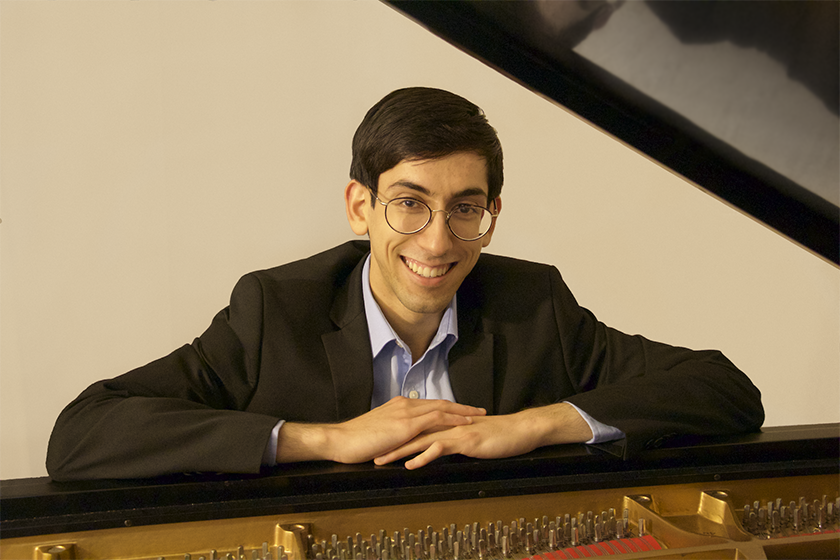‘Math is good for the soul’

At age 12, Rishi Mirchandani (Intel ISEF 2013-2014) had his piano debut at Carnegie Hall in New York City.
He has since appeared in three recitals at Carnegie Hall, received three gold medals in the Young Artist Division of the World Piano Competition, and won three first-prize awards at the Duquesne Young Artist National Competition. Rishi has performed concertos with the Pittsburgh Symphony Orchestra and the World Festival Orchestra.
In addition to being an accomplished pianist, Rishi also has a deep love for mathematics.
“Math was one of my first loves,” Rishi said. “One of the most exciting days of my childhood was when my dad and I counted to 100 together for the first time!”
His research on social theory received grand awards at Intel ISEF and has been published in the Journal of Mathematics Research.
He is clearly an accomplished young man. Currently a junior at Yale University, Rishi is pursuing a degree in mathematics as well as continuing his studies in piano. “I made my college decision based on which school would allow me to procrastinate on choosing between math and music the longest,” he said.
After college, Rishi plans to attend graduate school for music.
According to Rishi, there is more overlap among science and art than people realize. “Science uncovers and explains things about the universe, but the creative fields imbue those with meaning,” he explained.
“Scientists need creativity and imagination to formulate, approach, and answer big questions. Conversely, creative people have to be rigorous in figuring out how to communicate their messages effectively to others.”
Rishi believes that it is critical for scientists to engage with the humanities. “Some STEM-inclined people tend to cast a doubtful eye on the arts, discounting them as too imprecise to be useful disciplines,” Rishi explained. “But the imprecision is precisely the point. The arts and humanities probe and celebrate the human experience, which is an infinitely complex phenomenon.”
Rishi appreciates the proof-based side of math. “There’s a beautiful perfection to it,” he explained. “Math is good for the soul,” Rishi said. Science competitions, like ISEF, helped Rishi develop as an intellectual. “I was enthralled by the energy of Intel ISEF. Under one roof there was so much innovation and potential to make the world a better place.”
While he doesn’t plan to go into a STEM career, math will always have a special place in Rishi’s heart. “My mathematics education has been crucial to my development as an intellectual and as a person,” he said.


